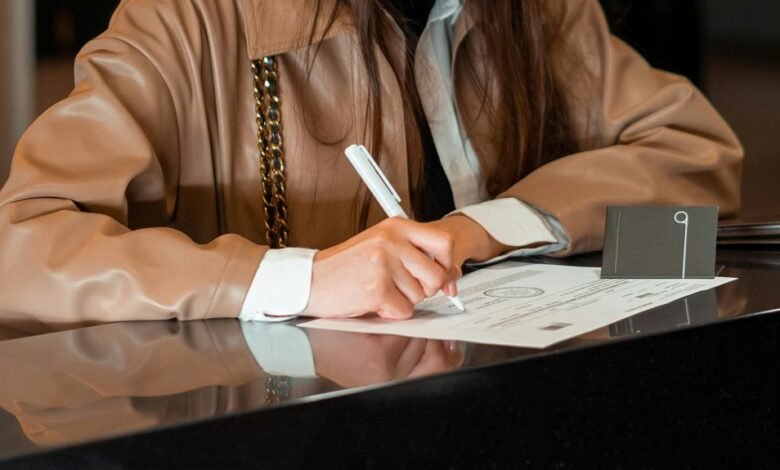Caller Identity Trust Oversight Verification Office 3274836188 3773550999 3510391289 3511761336 3455323771 3444320610

The Caller Identity Trust Oversight Verification Office serves a pivotal function in safeguarding telecommunications. By implementing caller authentication measures, it addresses the increasing prevalence of fraudulent calls, particularly those associated with numbers like 3274836188 and 3773550999. This oversight not only aims to protect consumers but also seeks to instill confidence in caller identification systems. Understanding how these strategies impact consumer protection raises critical questions about their effectiveness and future implications in combating deception.
The Role of the Caller Identity Trust Oversight Verification Office
The Caller Identity Trust Oversight Verification Office plays a critical role in enhancing the integrity of caller identification systems.
By implementing robust caller authentication measures, it ensures that verification processes are effective in combating fraud and deception.
This office’s oversight fosters public confidence in telecommunications, enabling users to communicate freely while minimizing the risks associated with fraudulent calls that undermine trust in the system.
Understanding Caller Identity Verification Numbers
While many users may be unaware of the intricacies involved in caller identity verification, understanding Caller Identity Verification Numbers (CIVNs) is essential for enhancing security in telecommunications.
CIVNs facilitate caller verification processes, ensuring that the identity of callers is authentic. This mechanism plays a crucial role in identity protection, ultimately helping users maintain their privacy and safeguard against potential fraudulent activities in communication.
The Impact of Caller Verification on Consumer Protection
Caller identity verification plays a significant role in enhancing consumer protection within telecommunications.
By establishing caller trust, this verification process significantly reduces the risk of fraudulent calls, thereby bolstering consumer safety.
With verified identities, consumers can make informed decisions regarding the legitimacy of incoming calls, ultimately fostering a secure communication environment.
This shift not only empowers consumers but also deters potential fraudsters from exploiting vulnerabilities.
Strategies for Consumers to Combat Fraudulent Calls
Empowering consumers to combat fraudulent calls requires a multi-faceted approach that combines awareness, technology, and proactive measures.
Educating individuals about scam awareness is crucial for recognizing potential fraud. Utilizing call blocking features on smartphones and landlines can significantly reduce unwanted solicitations.
Additionally, reporting suspicious calls to authorities fosters a collective effort, enhancing overall consumer protection against deceptive practices in telecommunications.
Conclusion
In a world where caller ID can be manipulated with the ease of a click, the Caller Identity Trust Oversight Verification Office stands as a bastion of hope against deception. Ironically, while consumers are urged to trust the very systems designed to protect them, vigilance remains paramount. As individuals navigate a sea of dubious numbers like 3274836188 and 3773550999, the office’s efforts highlight a truth: in the realm of communication, trust must be earned, not merely given.





